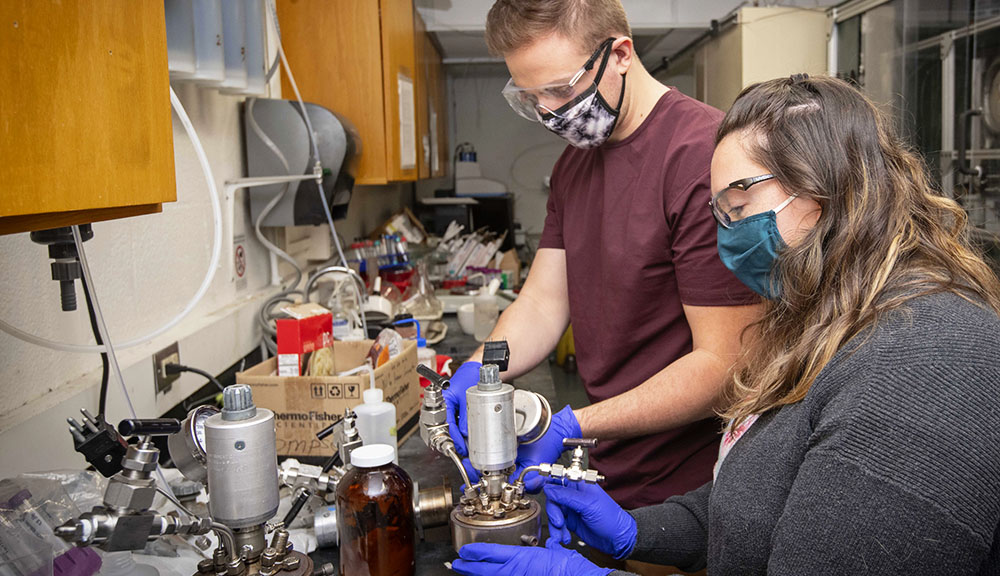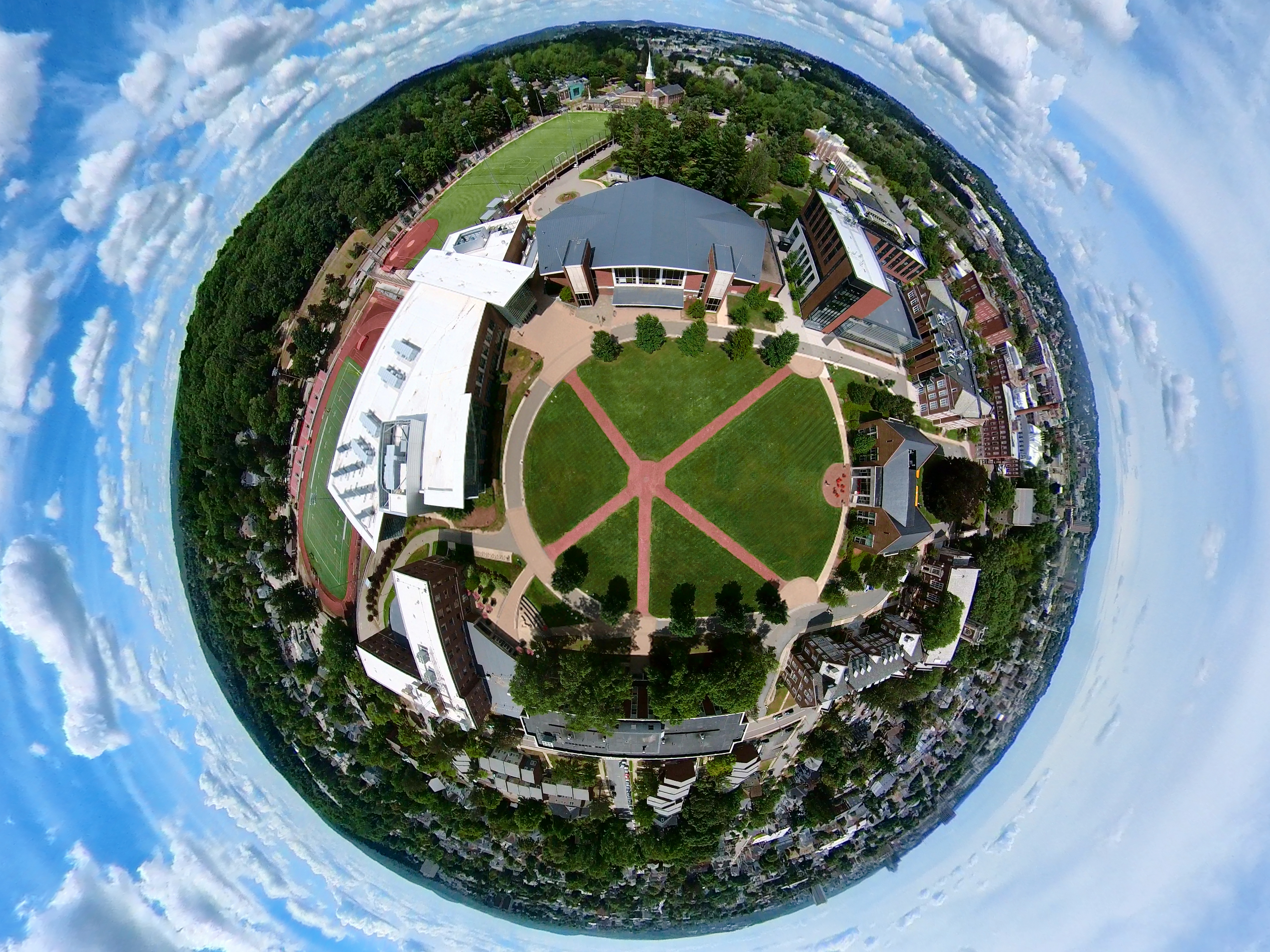WPI has contracted with Nexamp, a solar energy developer, to help expand sustainable energy production in the region.
Through an innovative program called virtual net metering, WPI is supporting the installation of new solar panel arrays at Treasure Valley Scout Reservation in Rutland and at two other locations, increasing the amount of clean electricity flowing to customers in Central Massachusetts.

John Orr
The program is part of a 20-year contract WPI has entered into with Nexamp, a company that develops, designs, builds, owns, finances, and operates commercial-scale solar systems. For this project, Nexamp manages the financing and construction of the three solar facilities while also coordinating the relationships with the utility (National Grid) and organizations such as WPI.
“Virtual net metering allows organizations like WPI to participate in the Massachusetts solar net metering program even if campus conditions preclude on-site solar generation,” says John Orr, director of sustainability and professor emeritus of electrical and computer engineering. Net metering is useful with energy sources like wind and solar, which fluctuate. It allows consumers to use power as it is needed, and to provide the surplus to the grid. Virtual net metering takes the concept one step further—to off-site solar.
“Our participation increases the supply of clean energy for others,” says Orr. “The state legislature approved the use of net metering programs as a way to expand renewable energy production across the Commonwealth.” WPI is particularly pleased that this clean energy arrangement continues the university’s long relationship with the Treasure Valley Scout Reservation.
“WPI’s participation in this project expands our ongoing cooperative relationship,” says Warren Bock, board member of the Mohegan Council of Boy Scouts Council and trustee of Treasure Valley. “At the same time, it enables the timely construction of a solar facility that will provide power to Central Massachusetts nonprofits at a significantly reduced cost. The resulting savings allows those nonprofits to better expand their services and programs.”
WPI directly benefits from this program by receiving a credit on its electric bill due to the solar-generated electricity. This is expected to save the Institute at least $100,000 per year for the life of the 20-year agreement.
This agreement is another component of the university’s efforts to promote sustainability in the region. It fits well with WPI’s other sustainability outreach efforts, including the work done by the Worcester Community Project Center and events such as “Drive Electric” day.
“As a strong community partner," says Orr, "we are really excited about supporting the development of a network of sustainable energy sources around the region.”



